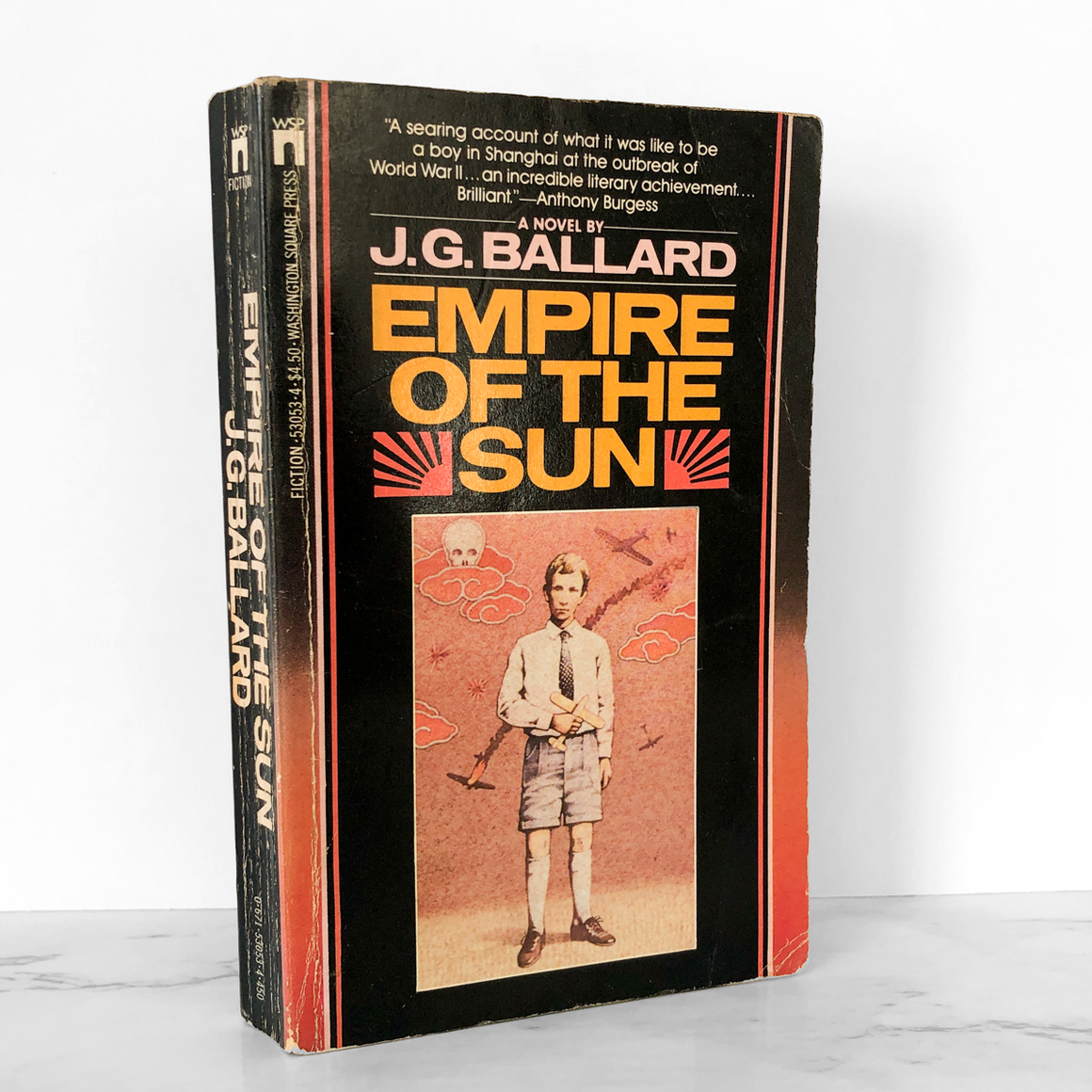
Here, one is made to feel, is the original disaster area from which all Ballard's works of pure fiction have drawn their inspiration.

If it lacks the imaginative resonance of Ballard's other works, it more than makes up for this by the impressive quality of its matter-of-fact reporting. No heroes, no heroics, just war as the normal condition, and the only battle that to survive.Įmpire of the Sun has the suthority of experience. This, Ballard convinces us, is how it was. The boy, Jim, separated from his parents, camping out first in his own empty house and then in the deserted house of his parents' friends, eventually interned for four years in the camp at Lunghua, becomes an admirable clear-eyed guide to a most peculiar inferno. Above all, the book is a triumph of truthfulness of tone. Indeed, it could be said that if there is still room for a masterpiece about the Second World War, then this is it - and like other masterpieces it gains its initial effect in standing at a slightly oblique and unexpected angle to its subject matter.īy concentrating on the expatriate colon of Shanghai, and by showing us the events following the Japanese bombing of Pearl Harbor through the eyes of an eleven-year-old boy, Ballard achieves the creation of an amazing microcosm.


His new novel Empire of the Sun, however, deserves to be considered quite apart from his former work, not least because it marks a decisive break with his past reputation as essentially a science fiction writer.īased on events which Ballard himself witnesses and suffered while interned as a boy in Shaghai during the Second World War, this is an extraordinary addition to our modern literature of war.


 0 kommentar(er)
0 kommentar(er)
